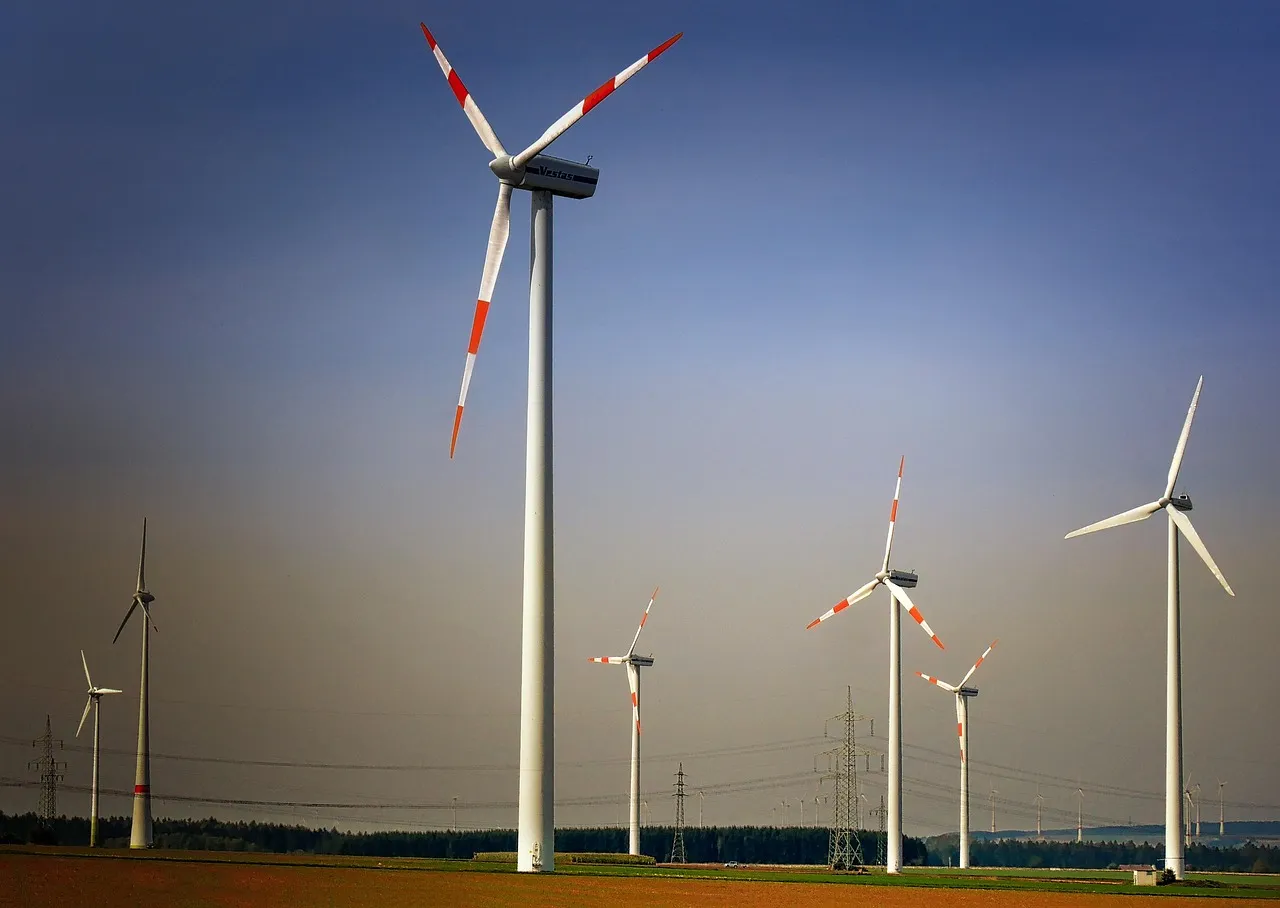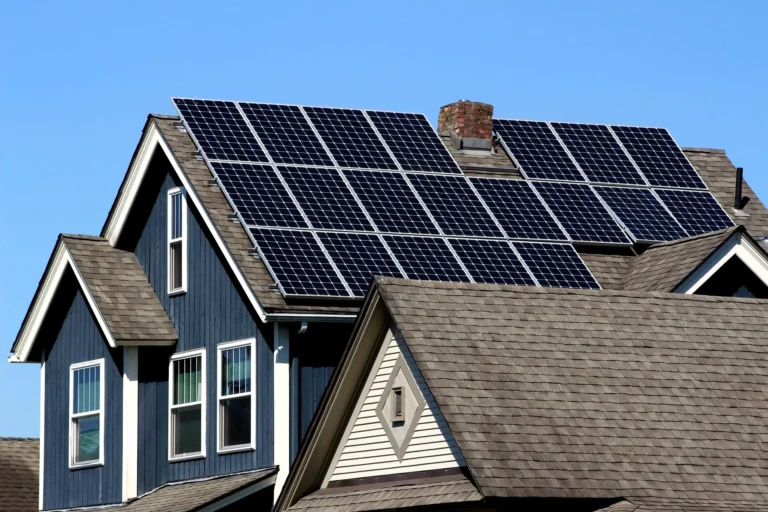
Iberdrola España and Renfe Sign Landmark 3,700 GWh Wind Energy Agreement to Power Spanish Rail Transport Through 2035
In a major step toward decarbonizing one of Spain’s most critical transportation sectors, Iberdrola España — the Spanish arm of global energy leader Iberdrola — has entered into a long-term partnership with Renfe, Spain’s state-owned railway company, to support the large-scale use of renewable energy in passenger and freight rail systems. The companies have formalized a Virtual Power Purchase Agreement (VPPA) that will see Renfe supplied with 370 GWh of wind-generated electricity annually over the next decade. The agreement runs through 2035 and covers a total volume of 3,700 GWh — the equivalent of power generated by 190 MW of installed onshore wind capacity.
This initiative represents a significant leap toward integrating sustainable energy solutions into rail transport, already considered the most electrified and energy-efficient mode of transportation in Spain. With over 80% of Renfe’s train operations already powered by electricity, this strategic agreement enhances the environmental footprint of the sector by guaranteeing that a substantial share of that electricity comes directly from renewable sources — in this case, onshore wind.
Strengthening Wind Power’s Role in Spain’s Energy Transition
By securing this 10-year VPPA, Renfe is not only ensuring a consistent supply of clean energy for its operations but also reinforcing the position of onshore wind as a cornerstone of Spain’s broader energy transition. The 370 GWh of wind power supplied annually will directly offset fossil fuel-derived electricity, resulting in significant environmental benefits. According to estimates by Iberdrola, the agreement will contribute to avoiding over 2 million tonnes of CO₂ emissions throughout the contract’s duration.
This large-scale emissions reduction underscores the growing importance of Virtual Power Purchase Agreements as mechanisms for delivering predictable, traceable, and fixed-cost renewable energy. Unlike traditional PPAs, which involve the direct physical delivery of power, VPPAs allow buyers and sellers to transact renewable electricity virtually while the energy is fed into the broader grid — thus providing operational flexibility and enabling greater scale.
The agreement aligns with Spain’s national climate and energy objectives, including its commitment to the European Union’s Fit for 55 package and the ambition to generate 74% of its electricity from renewables by 2030. It also directly contributes to Renfe’s broader sustainability goals, which include achieving carbon neutrality in train operations and promoting modal shifts from road and air to rail in order to reduce overall transport emissions.
Iberdrola: A Proven Leader in Power Purchase Agreements
The partnership between Iberdrola and Renfe is only the latest in a series of high-impact PPAs and VPPAs executed by the Iberdrola Group, which has established itself as a global trailblazer in renewable energy procurement. Iberdrola currently manages power purchase agreements across several countries, including Spain, Portugal, Germany, Italy, the United Kingdom, the United States, Brazil, Mexico, and Australia. These agreements span multiple technologies — from onshore and offshore wind to large-scale solar photovoltaic — and collectively support the decarbonization goals of industrial, technology, and public sector clients.
Iberdrola’s expertise in this domain has not gone unnoticed. According to the 2025 edition of the Pexapark Renewables Market Outlook report, Iberdrola has once again been named the number one player in the European PPA market for the second year in a row. In 2024 alone, the group contracted 1,251 MW of renewable energy under PPAs, marking a 38% increase from the previous year. This performance affirms Iberdrola’s role not just as a power generator but as a strategic partner in advancing corporate sustainability and energy resilience across industries.
Partnering with Global Brands for a Renewable Future
The Renfe deal builds on Iberdrola’s growing portfolio of renewable energy contracts with both multinational corporations and domestic firms. Among the most prominent is the company’s partnership with Amazon, which includes wind and solar PPAs in Spain, Portugal, and the UK. Notably, Iberdrola will supply Amazon with clean electricity from the East Anglia Three offshore wind farm — one of the largest such projects in Europe.
Beyond Amazon, Iberdrola has signed renewable energy agreements with a wide range of international clients including Bayer, BP, Telefónica, Burger King, and Salzgitter. These collaborations reflect an increasing demand for long-term, fixed-price renewable energy contracts from companies seeking to achieve net-zero emissions targets while managing energy cost volatility.
Local partnerships in Spain have also expanded, demonstrating Iberdrola’s strong commitment to fostering regional energy independence and decarbonization. The energy giant is working closely with public sector entities and small-to-medium enterprises (SMEs) to design tailored PPA solutions that drive the transition to clean energy at every scale of the economy.
Enabling Industrial Electrification and Economic Competitiveness
Iberdrola’s strategic alliances with industry leaders such as Microsoft, Meta, Mercedes-Benz, Vodafone, and others further underline the critical role that PPAs are playing in industrial electrification — a vital pillar of climate action and economic competitiveness in the 21st century. These agreements not only offer environmental benefits, but also provide long-term price certainty for energy buyers, helping them hedge against market volatility and regulatory risks.
The growing popularity of PPAs reflects a broader shift in the global energy landscape. As companies face increasing pressure from regulators, investors, and consumers to decarbonize, the ability to secure clean power at scale and at predictable costs is becoming a competitive advantage. For Iberdrola, which has invested over €150 billion in the energy transition since 2001, this trend represents both a validation of its long-term strategy and a pathway for accelerated growth.
Renewable Rail as a Model for Clean Transport
The Iberdrola-Renfe wind energy agreement stands out as a model for how transport and energy sectors can collaborate to deliver decarbonization at scale. As one of Europe’s largest rail operators, Renfe moves hundreds of millions of passengers annually. By committing to wind-powered electricity through a long-term PPA, the company is demonstrating leadership and innovation in aligning transportation with climate goals.
Spain’s continued investment in renewable energy infrastructure — coupled with its advanced electrified rail network — provides fertile ground for similar partnerships in the future. The successful deployment of this agreement may inspire other European and global rail operators to adopt similar models, reinforcing rail’s position as the greenest large-scale mode of transportation.
At the same time, this collaboration reflects the maturity and flexibility of wind energy technologies in meeting the needs of sophisticated energy users. With declining costs, improved forecasting, and growing public and private sector support, wind power is poised to become an even more integral component of national and corporate energy strategies in the years ahead.







